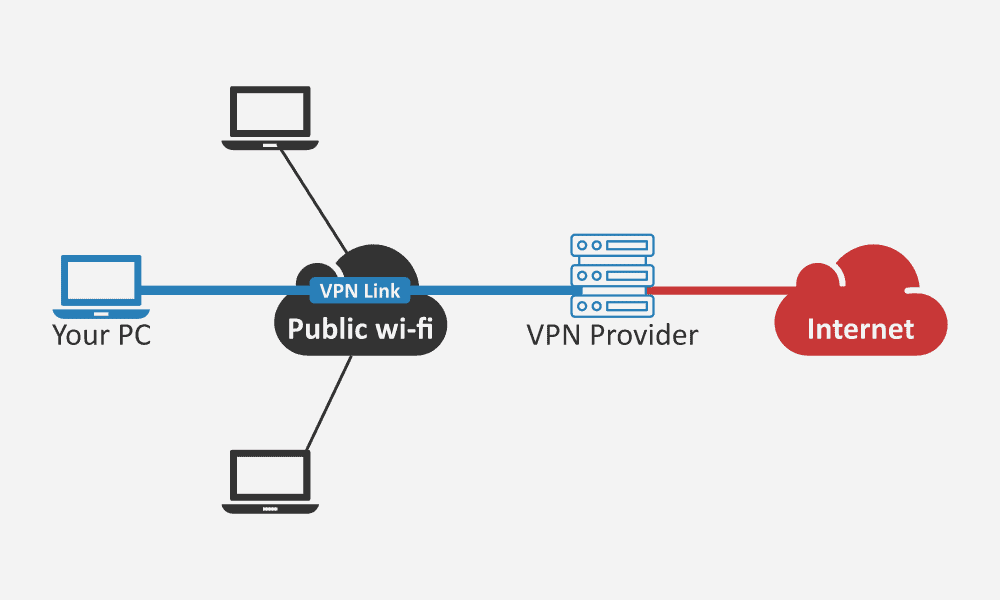Privacy & Security Are Different
I regularly see people using the terms Privacy and Security interchangably online. I wanted to take a couple of minutes to explain the differences between the two.
I hear statements like the one below more often than I'd care to remember:
I always use a VPN when I'm surfing the net so I can protect my privacy. You can never be too careful these days!
That's absolutely right, you can't be too careful, but by using a VPN you're not protecting your Privacy, you're improving your Security.
What is Privacy?
Maybe a good place to start is the dictionary definition of what privacy is:
Someone's right to keep their personal matters and relationships secret. Cambridge Dictionary
So let's dig into this a little further and look at a couple of types of privacy. Maybe these examples will help bolster what privacy actually is:
- Physical Privacy – being free from unwanted/unwarranted touching or restriction of movement.
- Data Privacy – transparency, responsible handling and control in relation to information about people.
- Social Privacy – being able to associate with whomever you wish.
What is Security?
Again, let's look at the dictionary definition of what security is:
Protection of a person, building, organization, or country against threats such as crime or attacks by a third party. Cambridge Dictionary
Just like privacy, there are a number of types of security:
- Physical Security – the integrity of a person or premises.
- Information Security – the CIA triad model that relates to information and supporting systems.
- National Security – the integrity of borders and infrastructure, often closely entangled with physical and economic security. Depending on the nation, there may also be a social and cultural element to how security is viewed.
- Economic Security – the integrity and availability of trade and financial matters.
So if we use the VPN example from above, we all know that a VPN provides end-to-end encrpytion of data between two points. So if you're on a public wi-fi network, the use of a VPN will secure the data you're transmitting over that network.

Now, you could argue that by securing the data you're transmitting with a VPN, you're also making it more private. That isn't the case because the VPN needs to terminate somewhere, so you're still trusting the VPN provider to keep your data private.
So by using a VPN, you're ensuring that your data is secured during transmission over a particular network, but once that VPN terminates, it's just like any other data that is traversing the Internet and your privacy is not protected.
Conclusion
The TL;DR is if you're talking about personal data and keeping it a secret, then that's Privacy. If you're talking about protecting your data, that's Security.
Hopefully this quick post articulates the differences between Privacy & Security. So the next time you're referring to your data and either securing it, or keeping it private, you know which of these two distinctly different process you're referring to.